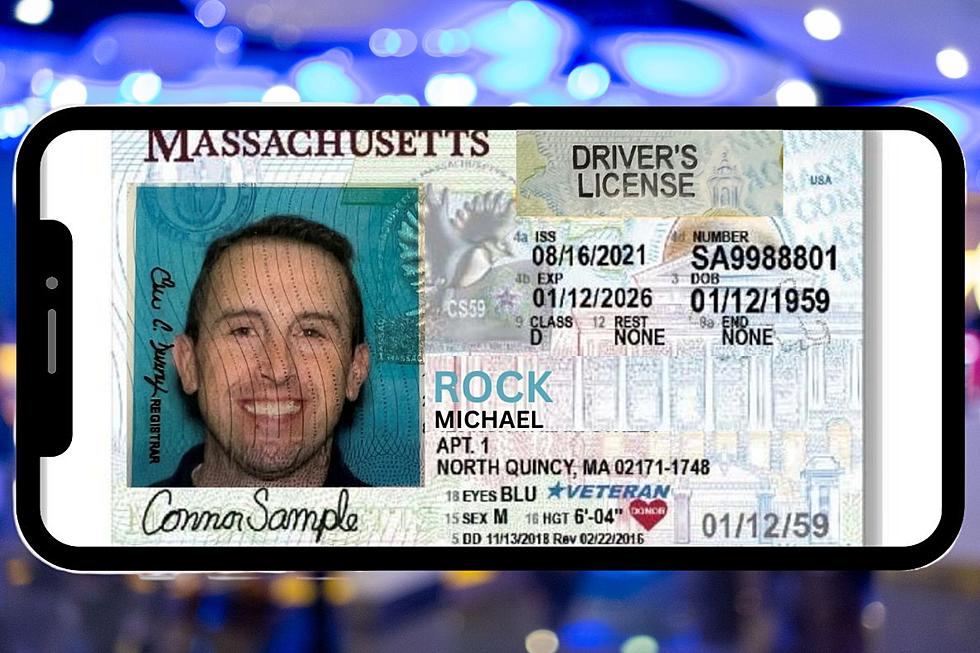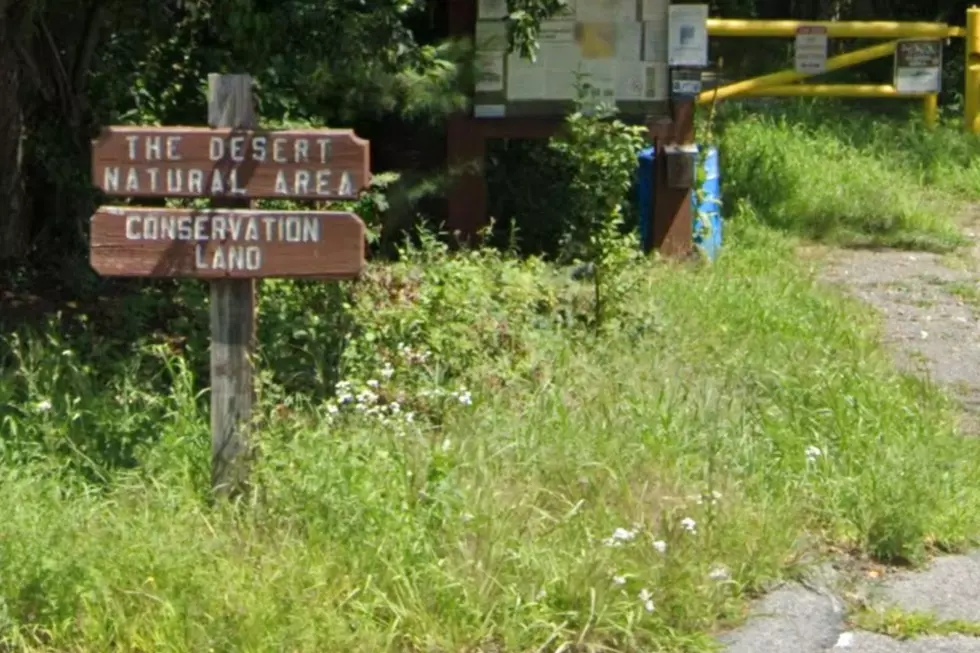
Gov. Baker May Be Willing to Change His Mind on Safe Communities Act
STATE HOUSE, BOSTON — Governor Charlie Baker, not wanting to undercut a brand new Latino advisory panel sworn in Monday, said he would be a "hard sell" on legislation to make Massachusetts a sanctuary state, but admitted it wouldn't be the first time he's changed his mind.
The bill, known as the Safe Communities Act, would prohibit state and local police from asking about a person's immigration status or arresting someone solely because of their immigration status. It would also ban police from holding immigrants on a federal detainer if they had no other cause to do so.
"I've said many times that I think that decision should be made at the local level, but I'm an open-minded guy. I've been known to change my mind about things before," Baker said at a press conference where he signed an executive order establishing a new Latino Advisory Commission.
The bill has a significant amount of support within the Legislature, although it has not emerged for a vote in either branch. Critics have derided it as de facto "sanctuary state" legislation that would put law-abiding citizens at risk.
Baker thus far has been consistent in his opposition to the bill filed by Sen. Jamie Eldridge and Rep. Juana Matias, and reiterated Monday that based on his experience as a selectman in Swampscott and conversations with local officials on this issue that he gets "very nervous" about the idea of taking away the ability for local officials to make decisions on law enforcement for their own communities.
"That said, you don't put a commission like this together with this kind of talent if you don't expect them to talk about and address some difficult issues and I certainly expect them to do that and I look forward to their recommendations," Baker said.
A senior aide to Baker said the governor's comment do not reflect any shift in the administration's position toward the legislation.
The 27-member commission, chaired by Employee Benefit Solutions Senior Partner Josie Martinez, is expected to advise the governor on policies that would make a difference in improving employment, educational and other opportunities in the Latino community.
The executive order follows the creation in February of a similar commission to work with the administration on issues of importance to black communities around the state. The Latino Advisory Commission will meet at least quarterly and submit a formal written report on its work and recommendations to the governor every two years.
Martinez said her goal will be to remove obstacles that her parents had to overcome, including discrimination and language barriers, when they emigrated from Cuba in 1962 with her three older brothers.
"The mission of the Latino Advisory Commission is to hopefully make that path smoother and easier for those that are struggling to make Massachusetts their home and those that will follow in the same footsteps," Martinez said.
Labor Secretary Rosalin Acosta said that the unemployment rate in the Latino community has been cut in half since its last recession-era high, while the labor force participation rate has increased to "record levels." She said Latinos represent 10 percent of the state's working age population with 350,000 in the labor pool.
Still, she said, Latinos face barriers to high-paying jobs in the current economy due to language barriers and a lack of access to higher education.
"I also hope that as a measurement of success we can lift the Latino community to a level of prosperity that more equally represents our demographics," Acosta said.
Rep. Frank Moran, a Lawrence Democrat and chair of the Black and Latino Caucus, said that black and Latino residents make up one-fifth of the state's population, but represent more than half of those incarcerated in state jails and prisons.
Lawrence Mayor Dan Rivera was the only elected official selected to serve on the commission, which includes lawyers, bankers, higher education administrators and a media executive.
--Matt Murphy, State House News Service
More From WBSM-AM/AM 1420









